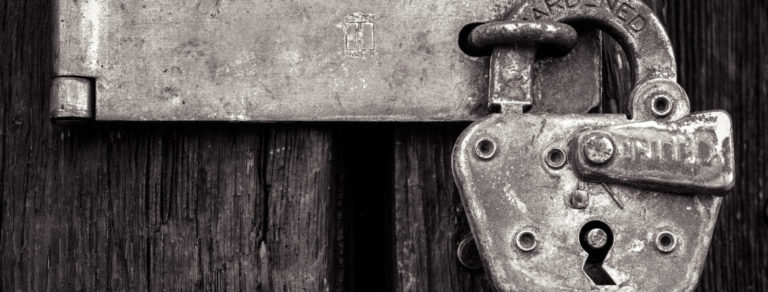What is a PIC Number?
A PIC Number is a unique identifier for your organisation. It ensures your legal, financial, and administrative information is consistent across EU funding programmes, including Horizon Europe, Erasmus+, and other grants. Once assigned, the Participant Identification Code Number can be reused for multiple projects.
Why Your Organisation Needs a PIC Number
- Efficiency: Pre-fills organisation data in applications automatically.
- Validation & audits: Supports eligibility checks and financial verification.
- Consortium management: Quickly verify partner organisations.
- Reusability: One Participant Identification Code Number works across all EU funding calls.
How to Use Your PIC Number
- Pre-registration: Check if your organisation already has a PIC Number or register one. Assign a Legal Entity Appointed Representative (LEAR).
- Proposal submission: Enter your PIC Number and partner Numbers; the portal auto-fills organisation details.
- Grant agreement & reporting: Participant Identification Code Number ensures correct legal and financial data.
- Future projects: Reuse your PIC Number, keeping your profile updated for smooth applications.
Common Mistakes to Avoid
- Creating multiple Participant Identification Code Numbers for the same organisation.
- Using outdated or incorrect legal/financial information.
- Failing to update changes in legal status, address, or bank account.
- Entering wrong Participant Identification Code Numbers for consortium partners.
Best Practices for EU Funding
- Check for an existing PIC Number before registering.
- Gather accurate legal and financial data before submission.
- Appoint a LEAR to maintain and update the Participant Identification Code Number profile.
- Keep organisation data consistent across all projects.
- Document your Participant Identification Code Number internally for smoother future applications.
Key Takeaway
The Participant Identification Code Number may seem like a small administrative step, but it’s critical for a smooth EU funding journey. Correct registration and maintenance save time, prevent errors, and make managing EU grants easier.
Disclaimer: This guide provides general information only. Always refer to official European Commission resources for legal and financial requirements.













